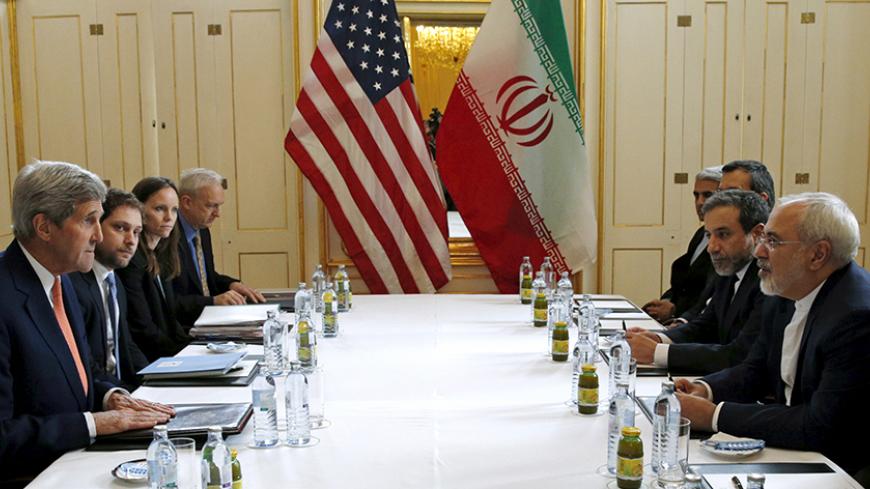A conservative Iranian news agency reported Aug. 23 that Abdol Rasul Dori Esfahani, the nuclear negotiator in charge of banking affairs, was arrested for selling economic information to the intelligence agencies of foreign countries. The unconfirmed report cited comments by the Tehran prosecutor that a dual national had been arrested, whom many believed was a British-Iranian national. Days later, Deputy Foreign Minister Abbas Araghchi refused to confirm the news of the arrest, saying that it was the responsibility of the security and judiciary institutions to make such announcements.
Days later, judiciary spokesman Gholam-Hossein Mohseni-Ejei became the first judiciary official to confirm that an arrest had been made, though he did not confirm the name of the person arrested. Mohseni-Ejei said Aug. 28 that claims by an Iranian parliamentarian of a negotiator who had “penetrated” the talks was arrested were true and he is now out on bail. Many observers took this news as confirmation that Dori Esfahani had been arrested. The parliamentarian Mohseni-Ejei alluded to is Javad Karimi-Ghodousi, a conservative member of parliament who was the first government official to state Dori Esfahani’s name.



